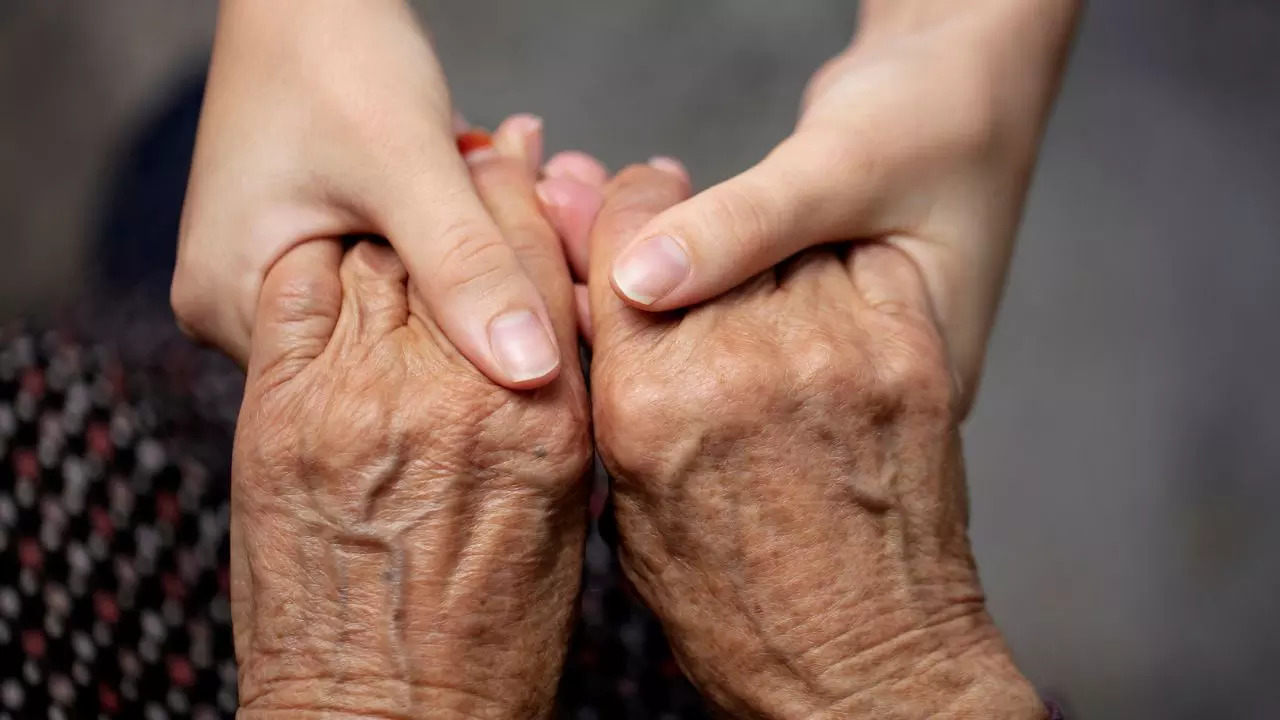Study reveals human body experiences devastating changes at these two ages
The researchers also assessed their microbiomes — the bacteria, viruses and fungi that live inside us and on our skin — and found that the abundance of most molecules and microorganisms did not change in a systematic, chronological manner.

Studies show that devastating changes occur in the human body at these two ages. (Image: iStock)
A new study from Stanford Medicine has produced important findings that challenge traditional theories that aging is a gradual process. Recent research has found that the human body undergoes two rapid changes at the ages of 44 and 60. This is in terms of its molecular transitions.
According to a release from the Stanford University School of Medicine, researchers evaluated thousands of different molecules in people ages 25 to 75. The researchers also evaluated their microbiomes — the bacteria, viruses and fungi that live inside us and on our skin — and found that the abundance of most molecules and microbes did not change in a systematic, chronological manner.
In fact, we go through two periods of rapid change during our lifetimes – at age 44 and at age 60, on average.
“We’re not changing slowly over time; there are some really dramatic changes happening. It turns out that the mid-40s are a time of dramatic change, as are the early 60s. And that’s true no matter what class of molecules you look at,” said Michael Snyder, MD, chair of genetics and senior author of the study.
According to researchers, these dramatic changes are reflected as significant changes within the body.
Earlier, Times Now Digital spoke to Dr Suranjit Chatterjee, Senior Consultant, Internal Medicine, Indraprastha Apollo Hospitals, who shared some ways to stay healthy in your 60s.
- Exercise regularly: Regular physical activity is important for maintaining muscle strength, flexibility, and cardiovascular health. HealthAim to do at least 150 minutes of moderate aerobic activity or 75 minutes of vigorous activity each week, plus muscle-strengthening exercises on two or more days a week.
- Stay social: Participate in social activities and keep in touch with friends and family to avoid loneliness and depression.
- Balanced diet: Focus on whole, unprocessed foods like fruits, vegetables, whole grains, and proteins to maintain a balanced diet.
- Adequate sleep: Aim for 7-8 hours of sleep per night to maintain physical and mental health.
- Screenings and vaccinations: Stay up to date on recommended screenings, such as mammograms, colonoscopies, and flu vaccinations.
- Stay hydrated: Dehydration can be a common problem as you age, as your thirst may decrease. Aim to drink at least eight glasses of water a day, and more if you’re physically active or live in a hot climate.
Get the latest news on Times Now as well as breaking news and top headlines from across health and the world.


